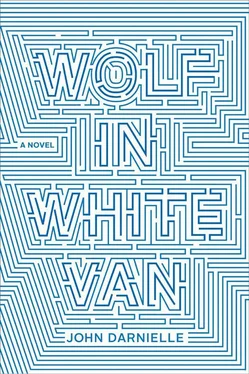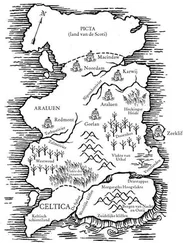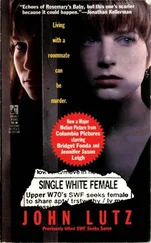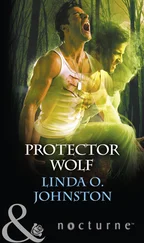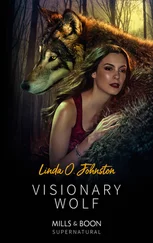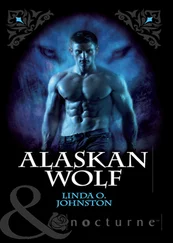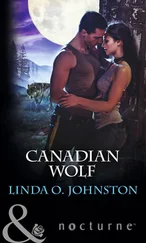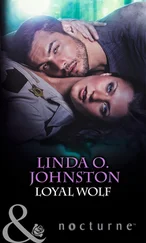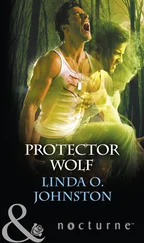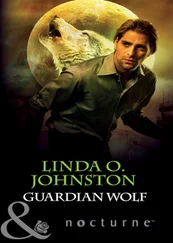I was asleep, then I was awake, and the first thing I thought about when I woke up was this rifle with the special attachment I took from the fortune-teller’s body, a body I took three turns to find and another turn to strip of anything useful to me and Sean I could smell body when I thought about this, hot New Mexico sun human body and so I don’t think I can play anymore. It’s not like I think anything’s going to happen, I’m fine, and I don’t actually have anything better to do, and it doesn’t take up too TOO much of my time? But it’s in my head now and I don’t want it anymore so I’m going free-play here, you have to let me do this.
If you are a person whose authority is generally limited to his own small life and to a series of imaginary choices that exist on a vast but comprehensible grid, it’s odd when you hear someone, across the impersonal distance of the page, pleading for your permission. I thought of this during the preparation for the trial, when I was leafing through my files and arguing with myself about burning things, or maybe ripping them to pieces and driving them out to a dumpster in a parking lot somewhere. But all that was too much drama, too much action, too much of everything: setting things on fire, heading off somewhere to hide the proof that they’d once existed. I had spent too long clearing a path that told its own story, and it was a straight path. That was its whole appeal. The path to the Trace is different from other paths; that difference is supposed to make up for something.
This new turn from you tells me what all I got by cleaning out the corpse of the fortune-teller. OK. I got silver earrings and some crystals and some old money and some vials of something that I bet are anti-infective stuff, and I got a knife with crescent moon in the handle of it. OK. I am saying that the knife is a pretty big knife that my dude has been using to skin deer. I drag his body out behind his shack and I use the knife to dig in the dirt behind the house. The dirt is a little soft because it’s near the house getting some shadow instead of out under the baking sun all day. I get tired but I clear just enough space to get this guy in. I don’t know who killed him and nobody’s ever going to know. I scoop enough dirt back on top of him to cover his body and I say out loud something about how I hope all seekers make it to where they’re going and then I take the knife and stab myself in the neck. I bleed out on top of the fortune-teller’s grave and then I’m dead and that’s my game. I am OK and I’ll be OK but this is the end and this is my story. CH.
I remember reading that turn through at my desk, the ancient, heavy wooden desk I’d gotten for thirty dollars at Goodwill, half-stripped of a deep red paint that was never going to give itself up entirely, dozens of interlocking grooves left across its top by countless ballpoint pens pushed down too hard onto unblotted paper. I remember feeling with total confidence that everything was all right with Chris, that he had made the right move. I took a piece of 8½ × 11 paper from a drawer and found an old charcoal pencil with a nice thick nub and I made out his death certificate. Chris Haynes pronounced dead this day by own hand b. () d. Tularosa. I do hereby affirm the truth of this document by affixing my signature hereto , here followed by an intentionally illegible signature, county coroner, Trace Italian Kansas. It looked ragged and blunt, appropriately Old West. My signature bore no resemblance to my actual signature in the real world; I did it with my left hand. I take a lot of pride in my work.
When I got back from the courthouse I was pretty shaken up. The only thing I really felt like doing was lying down on the floor in the den with the television on and all the lights off. First I tried a little plain old broadcast TV: some news, and a few minutes of a cooking show, and an old episode of Family Ties. But I couldn’t focus. I was agitated; the strategies I’d developed for shutting down the several tape loops running concurrently in my head weren’t working.
The judge had dismissed the case against me without prejudice, saying he couldn’t reasonably imagine another judge looking at the same evidence and coming to a different conclusion, etcetera, but that he wanted to leave a door open in the interest of justice being served in the event of new evidence coming to light, and so on. But his tone, and his gentle manner, conveyed his true meaning to everybody in the room; he didn’t want to seem heartless, so he’d tried softening the blow. But he’d been telegraphing his punches from fairly early on: in the questions he directed to Carrie’s parents. In the silences that grew between their responses and his subsequent remarks. Even his bearing while seated, those deep-rising heavy black-robed breaths, seemed to be preparing everyone to hear his opinion.
That opinion, which carried legal force, was that there was no case here. No reason to go forward. Just several sad people and their partially wrecked lives. Once he’d spoken I was technically out of the woods. But my head: my head was all messed up. In video games you sometimes run into what they call a side quest, and if you don’t manage to figure it out you can usually just go back into the normal world of the game and continue on toward your objective. I felt like I couldn’t find my way back to the world now: like I was somebody locked in a meaningless side quest, in a stuck screen.
So I went to the kitchen and I made myself a sandwich, and I cut it up into manageable pieces so I could eat with a fork. And then I drove down to Cinema Video. I can hardly believe Cinema Video’s still in business, and I really can’t believe how many videotapes they still have in there, gathering dust against the east wall. But look down toward your feet and they’re all right there, neatly piled up in hopeful stacks on the floor. There’s a little sign taped to the wall at about knee level, green marker on canary-colored copier paper: Used Tapes $5.00.
Stacks of dusty VHS tapes automatically register to the eye as trash now, and I’d be surprised if anybody ever took much note of the sign or the hoard it pointed toward. But I got out a twenty and I brought home four: Future-Kill, Krull, Red Sonja , and Gor. It was a little bracing to carry Gor up to the counter, because when I was a kid I used to think about Gor the way some kids thought about making the football squad. It was an object of almost religious contemplation. I would scrutinize John Norman paperbacks in the Thrifty book rack like a code cracker working against the clock.
There were so many Gor books. No end to them. Marauders of Gor. Slave Girl of Gor. Priest Kings of Gor. They stared out from the same shelf as Doc Savage at the Book Exchange, but Doc Savage books were different, because you could tell the publishers wanted you to like them. Afternoons had been spent in meetings and at drawing boards coming up with the right combinations of images and cover copy, and by the time the books reached the racks, they were rich with code: images for the curious, images for the devout, all threaded together. They faced the world with action scenes promising adventure and intrigue, and the promise of triumph over fantastic adversity or final glory at its hands. Who doesn’t want to rise above the obstacles in his pathway? Who wouldn’t want to go down in flames? And for those of us who can’t or won’t rise above, who doesn’t at least want to hear stories about how it might be possible for some triumph to eventually happen, given enough luck?
The Gor books, by contrast, were shameful and garish. The pictures on their covers were pornographic, but in an almost dishonest way: near-nude mutants leering out into the fluorescent air of the drugstore aisle. Willingly or not, they seemed to suggest that maybe you shouldn’t actually be reading these books. And so I never did. I would stare at their covers, and maybe thumb through them a little, picking out phrases and images like a secret shoplifter. But that would be enough for me, and sometimes more than enough. I didn’t need to hear the stories the books were trying to sell me: their skins haunted and troubled me enough. But I would assemble my own stories, based on the information I had from the covers; and in my stories, there’d be winners, victors, spoils to divide, satisfying conclusions to things. Happy endings sometimes. I felt sure that the books themselves would be less kind to their characters, that whatever was actually going on inside was dark and mirthless. There was this odd, flat sort of desolation in those covers. Steam or smoke rising from a distant city, seen from a boat out on the water: grimy, vivid. It always made me feel uneasy.
Читать дальше
